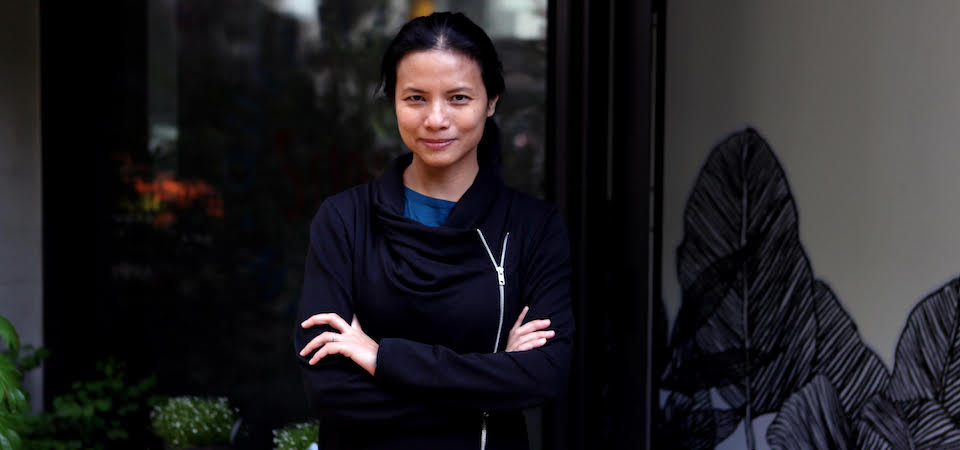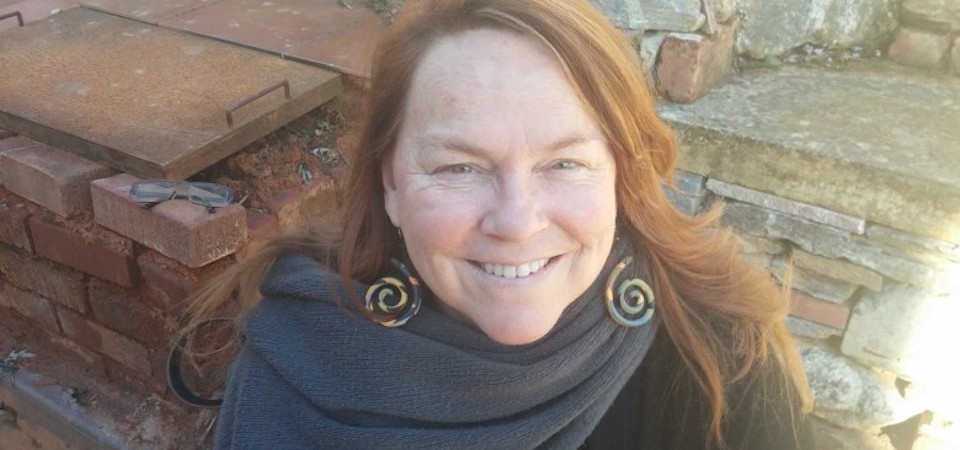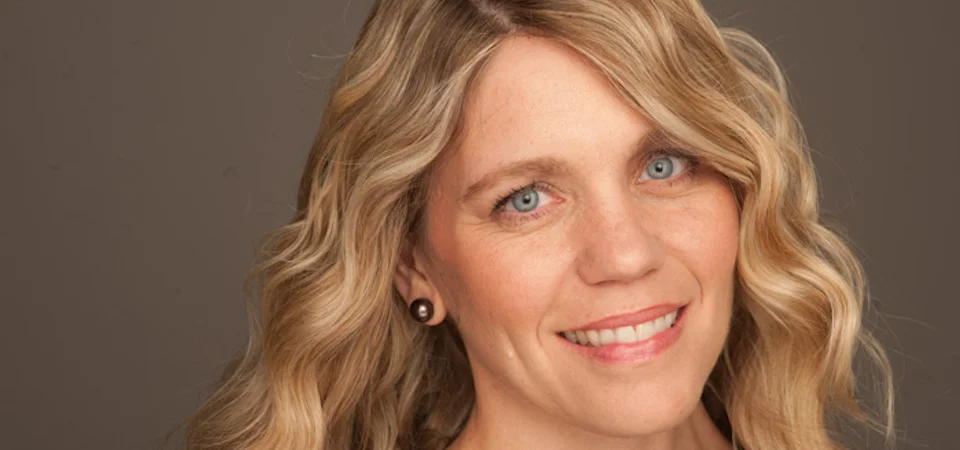Subscribe to Next Economy Now on Apple Podcasts, Spotify, Pandora, Google Podcasts, YouTube, or wherever you find podcasts.
Kris Lin-Bronner is Strategic Adviser and CSR Manager for Dr. Bronner’s Magic Soaps, the top-selling brand of natural soaps in North America. She is responsible for overseeing and managing many diverse projects under the umbrella of sustainability and social responsibility.
Kris advises the Special Operations Team and affiliated Fair Trade projects on financial and operational matters, provides integrated risk assessments on new business ventures, and works to institutionalize Dr. Bronner’s sustainability efforts across multiple levels of the company, from operations to governance. Prior to joining Dr. Bronner’s, she worked in the non-profit sector for programs serving recently resettled refugee and immigrant youths in San Diego.
Kris earned an undergraduate degree from Harvard University and a graduate degree in International Economic Development from UCSD. She is a former hospice volunteer, as well as a design enthusiast, and she enjoys adventure travel. She was born in 1974 in Taiwan and currently lives in Encinitas, California with her husband David and their daughter Maya.
Some highlights from Kevin’s interview with Kris include:
How Dr. Bronner’s models what’s possible for companies in addressing climate change
The rippling impact of Dr. Bronner’s leading edge strategy around mitigating climate change impacts by engaging with the land use practices in their supply stream
Dr. Bronner’s goal to get enough people to care to create the critical mass to shift away from the extractive economic model to a more regenerative model and how they pursue that goal
The success of the Fair Pay Today program where Dr. Bronner’s and a consortium of businesses advocated for fair living wages for workers and their ongoing efforts to address income inequality
Dr. Bronner’s excitement about Project Drawdown and how to use it as a tool to assess what role Dr. Bronner’s can play within their scope of influence
As a top scoring B Corp, Kris shares how Dr. Bronner’s attracts new talent
—-
Resources:
Videos:
Terminology:
Organizations
---
LIFT Economy Newsletter
Join 8,000+ subscribers and get our free 60-point business design checklist—plus monthly tips, advice, and resources to help you build the Next Economy: https://lifteconomy.com/newsletter
---
Next Economy MBA
This episode is brought to you by the Next Economy MBA.
What would a business education look like if it was completely redesigned for the benefit of all life? This is why the team at LIFT Economy created the Next Economy MBA (https://lifteconomy.com/mba).
The Next Economy MBA is a nine month online course for folks who want to learn key business fundamentals (e.g., vision, culture, strategy, and operations) from an equitable, inclusive, and regenerative perspective.
Join the growing network of 350+ alumni who have been exposed to new solutions, learned essential business skills, and joined a lifelong peer group that is catalyzing a global shift towards an economy that works for all life.
Learn more at https://lifteconomy.com/mba.
---
Show Notes + Other Links
For detailed show notes and interviews with past guests, please visit https://lifteconomy.com/podcast.
If you enjoy the podcast, would you please consider leaving a short review on Apple Podcasts/iTunes? It really helps expose these ideas to new listeners: https://bit.ly/nexteconomynow
Twitter: https://twitter.com/LIFTEconomy
Instagram: https://instagram.com/lifteconomy/
Facebook: https://facebook.com/LIFTEconomy/
YouTube: https://youtube.com/c/Lifteconomy
Music by Chris Zabriskie: https://chriszabriskie.com/







































